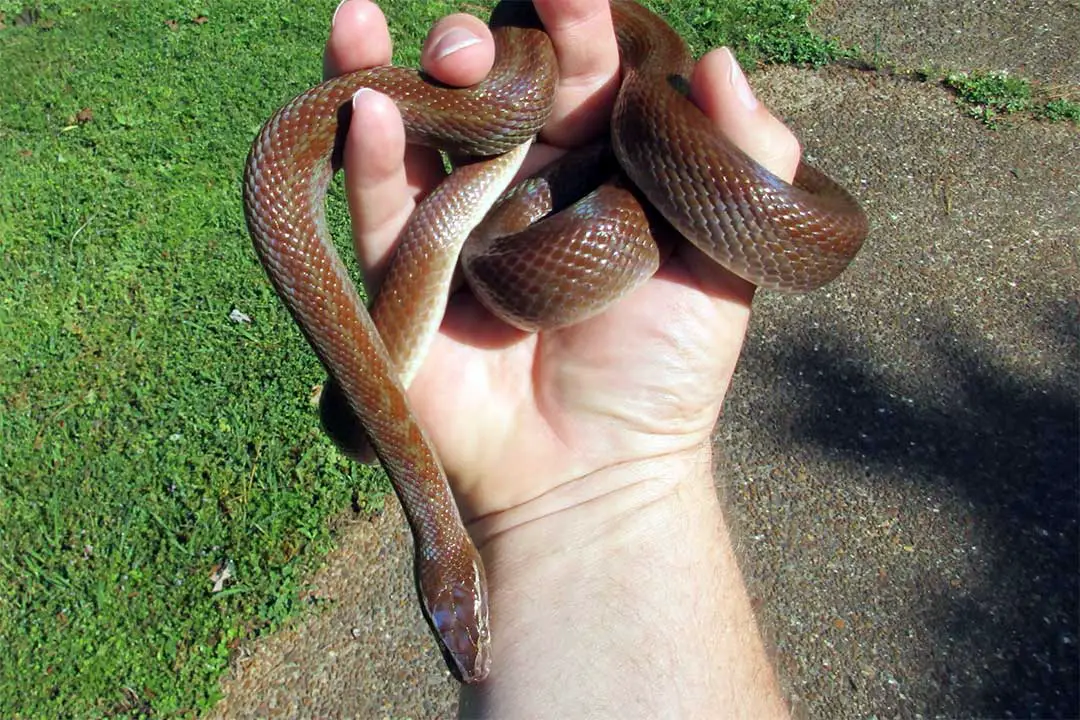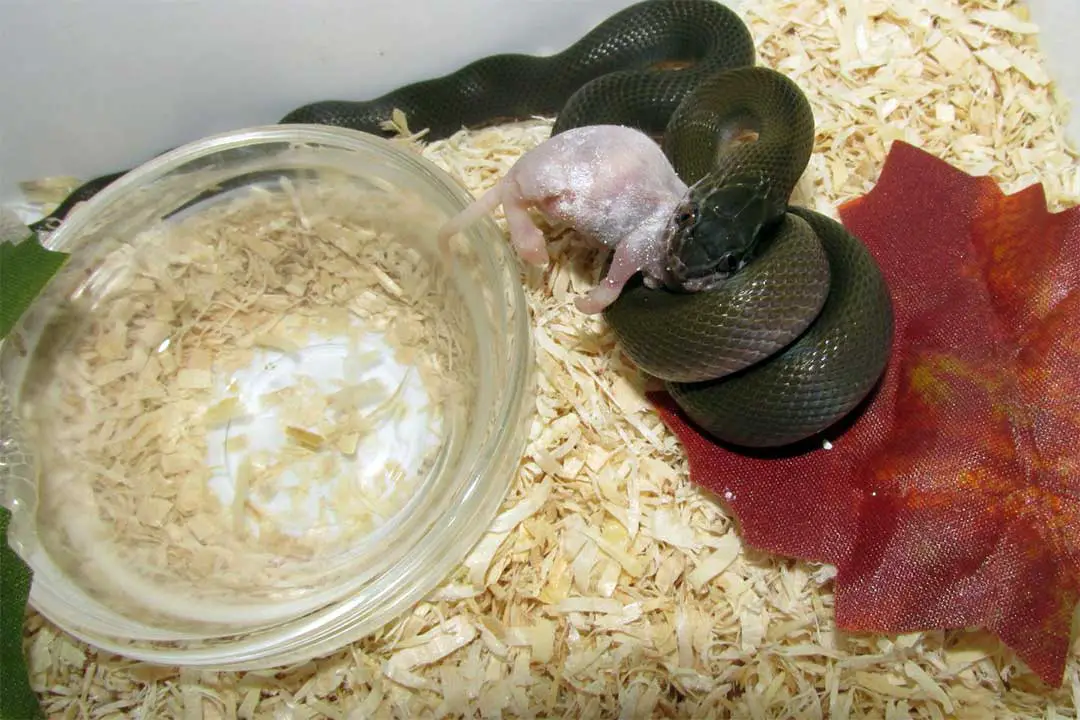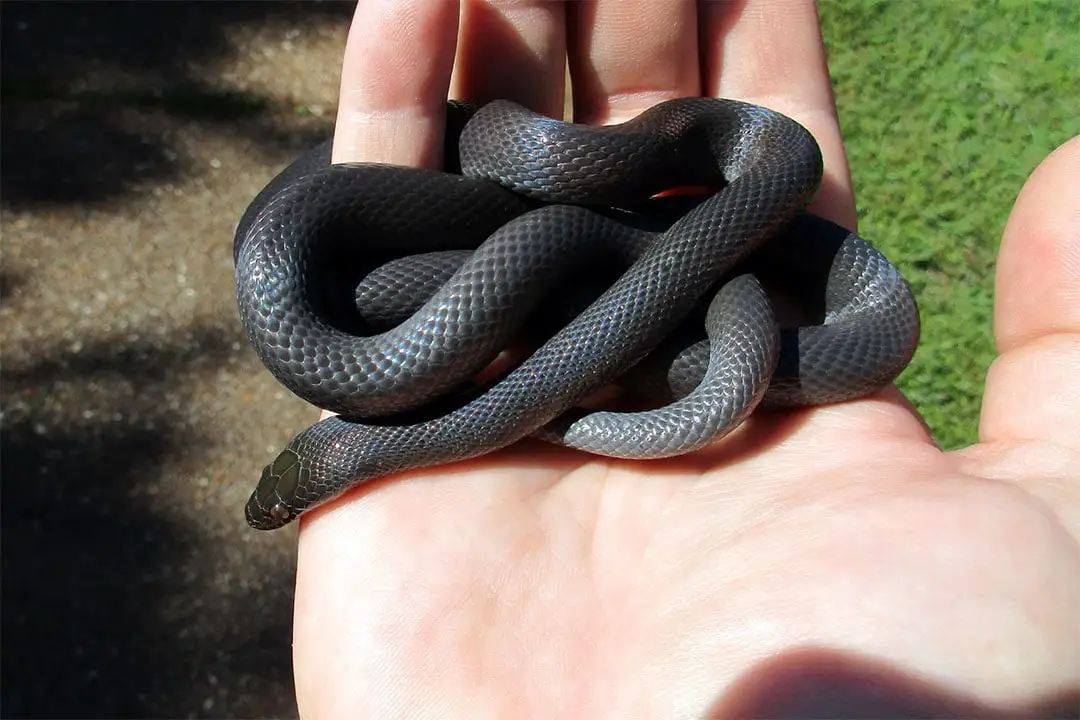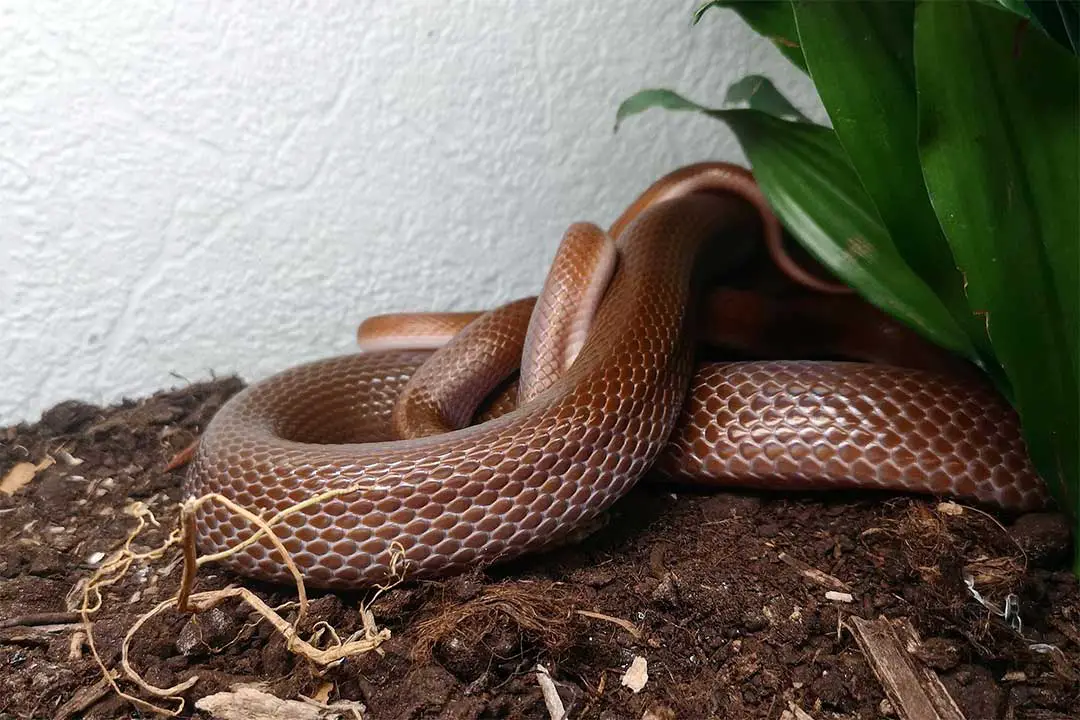The African House Snake is becoming one of the most ideal pet snakes for different reptile enthusiasts to keep because of how comparatively safe it is.
That said, if you are keeping an African House Snake, you would want to make sure that it gets to live a long and comfortable life because of how it is natural for anyone to want to have their pets live long lives.
So, what is the African House Snake’s lifespan in captivity?
In most cases, the African House Snake can live for more than 12 years and maybe up to 20 years in captivity. The number can either go up or down depending on the living conditions of the snake. Naturally, they will live shorter lives in the wild due to diseases, predators, parasites, and other similar factors.
As you can see, the African House Snake is actually able to live long enough in captivity. But you can actually maximize or even increase its life expectancy by a few years as long as you know how to properly take care of your snake and that you are giving it the best life possible under your captive care.
What is the African House Snake’s lifespan in captivity?
Everything you need to know about caring for African house snakes in captivity:
Read our African House Snake Care Sheet (Complete Guide)
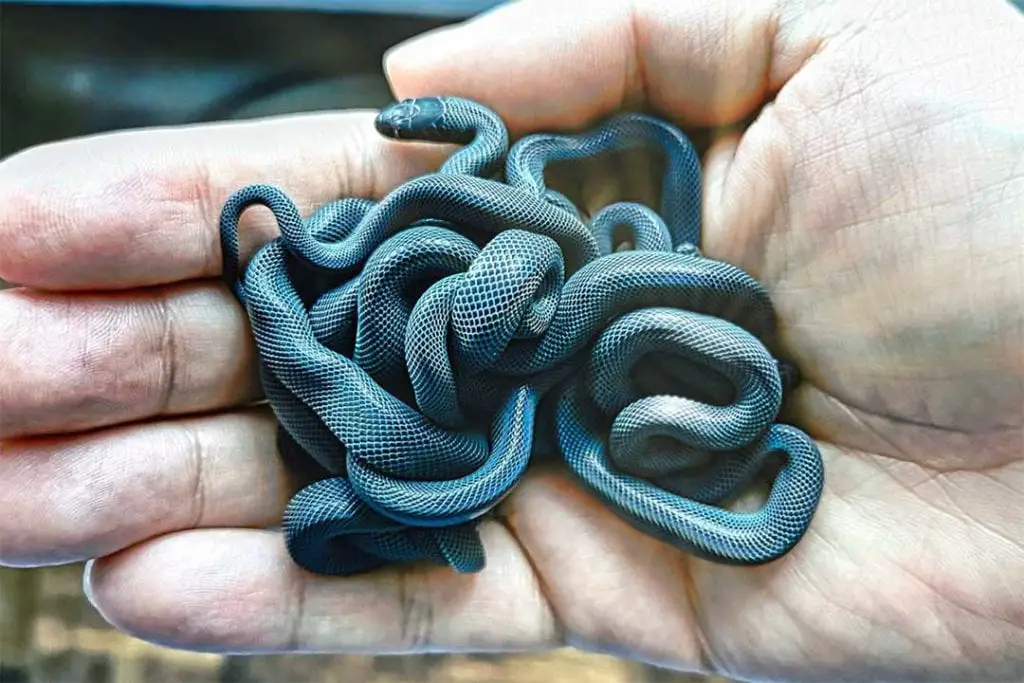
Snakes are some of the most popular reptiles to keep for a lot of different exotic pet enthusiasts because of how these reptiles are pretty much amazing to keep and very interesting to observe. And what you will notice about most reptiles (especially snakes, in particular) is that they actually get to live longer lives in comparison to your usual domesticated pets because of the very fact that they are cold-blooded animals (there are studies related to this).
That said, if you are keeping an African House Snake as a pet, one of the things that you will notice about this snake is the very fact that, like most of its snake cousins, it actually gets to live a long enough life compared to mammals and other similar domesticated pets.
This will allow you to enjoy the company of your African House Snake for an extended period of time. But how long exactly does the African House Snake get to live when it is kept in captivity?
In most cases, the usual lifespan of an African House Snake varies a lot because there are different types of African House Snake depending on where they are native to. Of course, certain factors such as genetics and climate conditions would also certainly affect the lifespan of some African House Snakes.
However, what is usually observed is that the African House Snake gets to live for more than 12 years in captivity. In some cases, they can live for up to 20 years depending on how well they are taken care of and on their natural genetics. That means that, if you properly take care of your African House Snake, it can possibly live for two decades or maybe even more than that.
Meanwhile, African House Snakes that live in the wild are actually not as capable of living long lives as their captive counterparts are due to a wide variety of reasons. This can include the availability of good and healthy food, the presence of diseases and pathogens, the changes in the environment and the climate, and the natural predators and parasites. All such factors can easily decrease the lifespan of an African House Snake in the wild. As such, most wild African House Snakes might not get to live past 12 years.
How can you maximize the lifespan of an African House Snake?
So, if you want to maximize the lifespan of your African House Snake, here are some of the things you need to know in terms of how to take care of it properly:
When keeping an African House Snake, it is best to house it in an enclosure that will allow it to have enough warmth. The enclosure should be able to naturally provide the snake with the insulation it needs to live comfortably.
As such, most owners would go for a wooden vivarium that is secured properly to make sure that the snake doesn’t get to escape through some of the smaller gaps found in the enclosure. Make sure that you keep any openings closed without forgetting about how important it is to provide smaller holes that will allow enough air to flow in and out of the enclosure.
The name of the snake would suggest that this is a reptile that is more comfortable in hotter climates. As such, the African House Snake naturally experiences temperatures of over 90 degrees Fahrenheit due to how hot the sun can be in Africa.
This means that you should provide enough lighting and heating for the snake to be able to live comfortably.
Use a good type of light source that will provide a good amount of heat inside the enclosure. Meanwhile, it is also a good idea to place a heating pad that would allow the enclosure to have constant temperatures of at least 70 degrees. The light source should be placed on the warmer side of the enclosure so that the snake can bask under it and experience temperatures of at least 90 degrees. African House Snakes do not require UVB lights.
Given the fact that the African House Snake is used to living in Africa, this snake thrives in an environment with low humidity.
That’s why it is best to use a substrate that doesn’t hold water very well so that you can keep the humidity levels low enough inside its enclosure.
It is suggested that you use beech woodchips because it doesn’t hold water pretty well and is quite affordable and easy to clean.
Meanwhile, when you are decorating the enclosure, you need to provide decorations that are able to absorb heat to provide the African House Snake with the belly heat it needs when it is basking. A good piece of rock should be a nice addition to the enclosure. But make sure that the rock isn’t too close to the light source or else it would end up getting too hot for the snake to handle.
Food and water
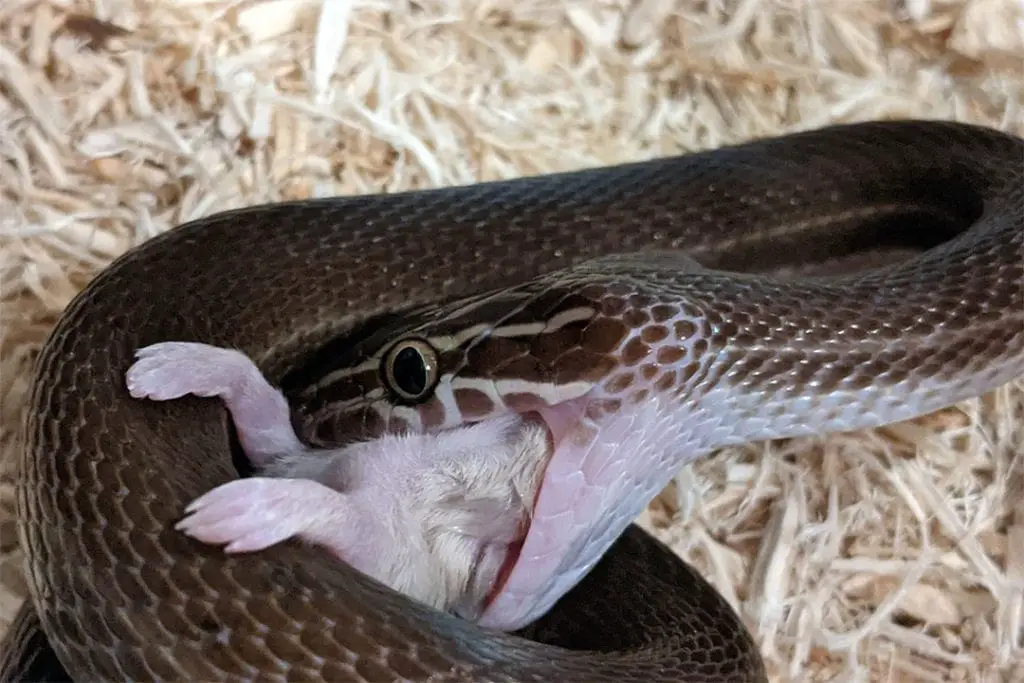
African House Snakes thrive on a diet of domesticated mice. You don’t even need to provide the snake with a different kind of food source because domesticated mice already give them the nourishment they need to live good and healthy lives. In that case, make sure that you have a good stock of frozen or live mice kept but you can also give your snake a more exotic diet from time to time such as gerbils or hamsters. Giving your African House Snake thawed mice requires that you use forceps for safety reasons.
Keeping a water bowl inside the African House Snake should be a good idea as well to provide the snake with the hydration it needs. The water bowl should be large enough because the African House Snake sometimes uses it not only for drinking water but also for bathing. This will allow the snake to keep itself cool whenever the temperatures in the enclosure get too hot or to keep its skin moist enough whenever it is shedding its skin.
